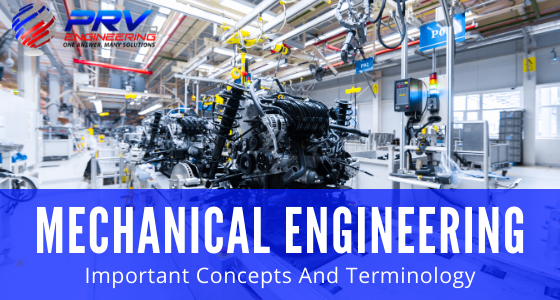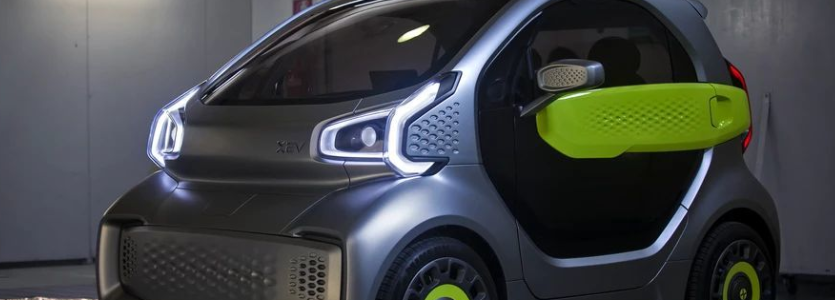There’s no denying that Covid-19 is responsible for creating loads of pressure on the manufacturing sector over the last eight months. This is mainly due to production slowdowns, restrictions on employee movement (social distancing) and changing demands. As a result, manufacturing companies have had to rethink business models and operations with many looking at digital technologies such as IoT.
With manufacturers striving toward increasing equipment efficiency, production quality, resilient and intelligent supply chains, IoT has become a key player. Microsoft, for example, is leveraging its knowledge and technical expertise to make this technology more readily available. Combining in-depth industry knowledge and expertise has already proven tangible as proven by the UK Ventilator Challenge.
Recommended: ‘How Manufacturers Can Plan For Covid-19 Disruptions’
Preparing For IoT In Manufacturing
Due to the continued impact of the pandemic, the UK manufacturing sector is looking to drive innovation through digital technology. It will help address key challenges in operational efficiency, supply chain management as well as workforce and sustainability issues. They can prepare by:
- adapting their operations around digital technologies
- actively integrating their value chain to the entire supply chain
- increasing efficiency and capacity of production
Pundits within the manufacturing sector believe that Industrial IoT (IIoT) will play a pivotal role. It not only helps with improving efficiency and monitoring quality but also better factory safety and cost reduction. This gives companies access to enhanced capabilities for asset tracking and preventing expensive shutdowns of machinery.
Industrial IoT Drives Long-term Momentum
By taking small steps to improve efficiency, the future of manufacturing looks promising as it connects siloed processes to more connected ecosystems. This will drive long-term momentum even in the face of current (and future) challenges. Truth is, manufacturing organisations are embracing emerging IoT technologies much faster than other sectors.
In a survey of nearly 600 manufacturers from around the world, some have reported fewer barriers to add edge computing to their IoT systems. Also, 73% said they have a strategy in place for the use of digital twins within their IoT solutions. Digital twins are replicas of potential and actual physical assets, processes, people, places, systems and devices (source: Wikipedia).
Recommended: ‘What Is Edge Computing?’
Investing In The Future Of Manufacturing For Scalability
There are still many challenges manufacturers need to address, especially around complexity and resourcing within an organisation. As previously mentioned, Microsoft is working on simplifying and securing capabilities to further democratise IoT which will certainly help.
The software giant has committed to “invest $5B in IoT (Internet of Things) and intelligent edge – technology that is accelerating ubiquitous computing and bringing an unparalleled opportunity for transformation across industries.” (Source: Microsoft.com)
This means developers are welcomed by a rapidly growing number of services and features. These will provide open, flexible choices for development, securing of data and achieving rapid global growth when companies need to scale.
Recommended: ‘Read the full IoT Signals Edition 2 Manufacturing Report’
What Trends Are Driving Industrial IoT?
According to the manufacturers, the top reported uses for IoT in 2020 are to monitor production flow, automate industrial processes, production planning and scheduling. As we’ve discovered, with plans to adopt IoT in manufacturing, several challenges and trends are influencing the process.
For many manufacturers, the primary driver for adopting IoT is the improved efficiency in operations. Not to mention expanded production capacities and better employee productivity. In some instances, more manufacturers are using AI as part of their IoT solutions. Here, 77% reported further improvement in efficiency when using AI in primary or secondary uses.
One of the main benefits of implementing IoT and AI is improved predictive maintenance. Many have also confirmed that they are using AI to enhance the online user experience by using customer service bots.

Addressing The Skills Gap Within The Industrial Internet of Things (IIoT)
Many of the surveyed manufacturers agree that bridging the skills gap is a top priority and are actively looking for employees with a wide range of technical abilities. This especially includes system architects and cloud developers who can successfully implement IoT.
For manufacturers to successfully navigate IIoT, they need employees who can maintain legacy IT while building new systems or maintaining IoT technology. The biggest challenge to adopting IoT on a larger scale is the lack of skilled workers and budgeting, especially for discrete manufacturers.
The continued growth of smart devices, networks and connections translates into skills gaps, especially when left unchecked. In a different study from Inmarsat in 2017, more than three-quarters of surveyed companies believed they needed more high-level IoT specialists.
Final Thoughts
As the industry matures, so do organisations’ requirements and expectations. Whilst there’s been significant improvements in recent years, there is still a long way to go before we see IoT adoption on a mass scale.
Looking ahead, government institutions must get involved with funding and training, where possible. Companies must let potential employees know they are willing to provide additional training and to invest in them by building on their current skillsets.
Senior leadership and management must also step up tothe plate and make sure everyone has the right attitude. If everyone shares the same vision, and the team already has good core skills, IoT adoption and training should be easier to implement.
For more interesting updates on all things engineering, manufacturing and technology, follow our blog or visit our website. You can also join the conversation on social media using the hashtag #PRVtech.













Recent Comments